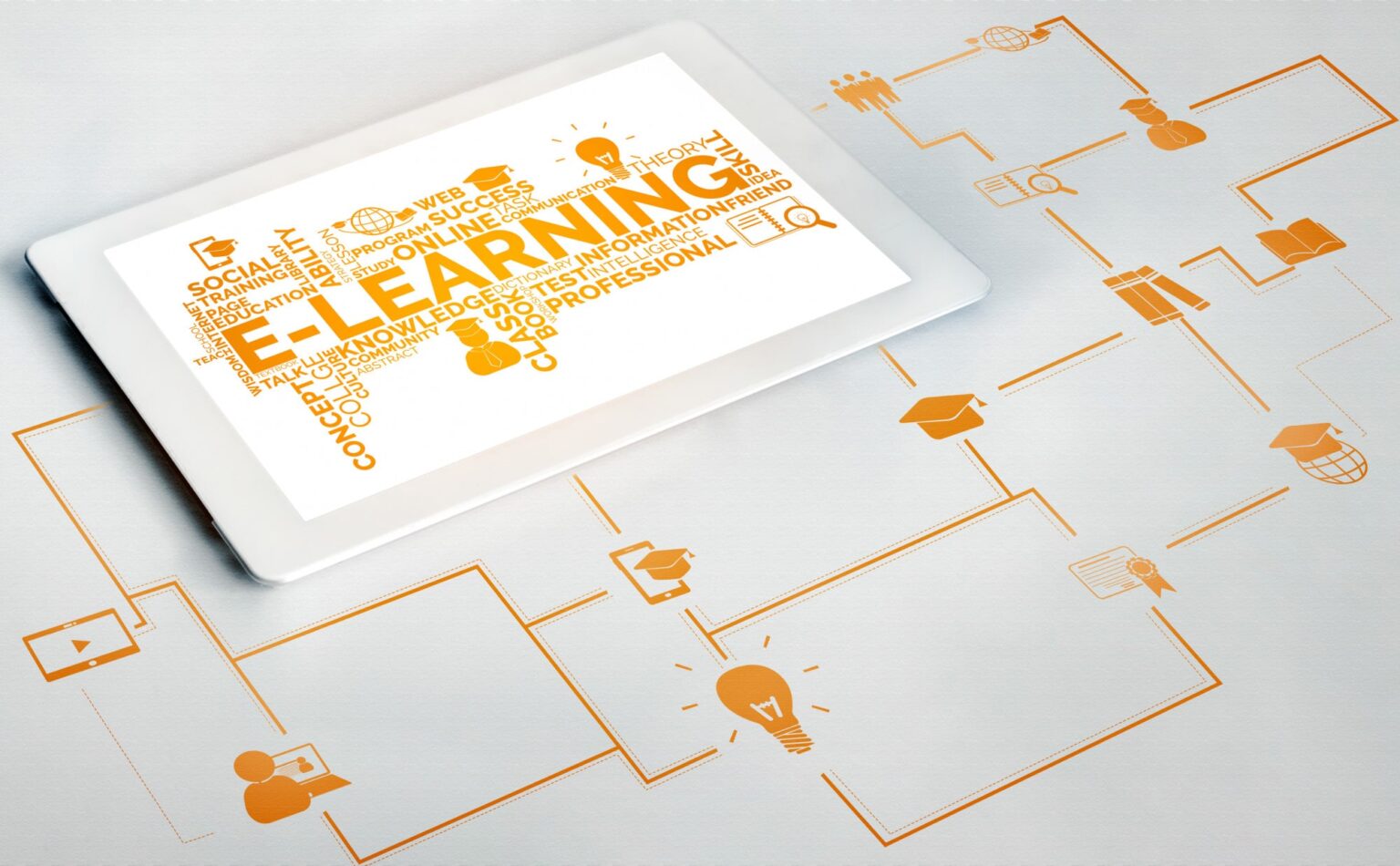Adaptive learning platforms are educational tools that leverage technology and data to provide customized instruction and assessment tailored to individual learners. These platforms use artificial intelligence, machine learning, and data analytics to adapt content, pace, and delivery based on each learner’s unique needs and progress. Here’s a closer look at the features and benefits of adaptive learning platforms:
- Customized Instruction: Adaptive learning platforms offer personalized instruction by assessing each learner’s knowledge, skills, and learning preferences. Through pre-assessments and continuous monitoring of performance, the platform identifies the learner’s strengths and areas for improvement. It then delivers instructional content that is specifically targeted to address the learner’s individual needs. This customization allows learners to focus on areas where they require more support and progress at their own pace.
- Adaptive Content: Adaptive learning platforms adjust the complexity, sequencing, and delivery of content to match the learner’s proficiency level. The platform uses algorithms to analyze learner data and determine the most appropriate content to present. If a learner demonstrates a high level of mastery, the platform can offer more challenging material. Conversely, if a learner struggles with a concept, the platform can provide additional explanations, examples, or remedial resources. This adaptability ensures that learners receive content that is neither too easy nor too difficult, promoting optimal learning outcomes.
- Personalized Assessment: Adaptive learning platforms employ adaptive assessment techniques to evaluate learner performance. These platforms can generate assessments in real-time, dynamically adjusting the difficulty and type of questions based on the learner’s demonstrated knowledge. This adaptive assessment approach allows for more accurate and precise measurement of a learner’s understanding. It also helps identify knowledge gaps and provides targeted feedback to guide the learner’s progress.
- Continuous Feedback and Progress Tracking: Adaptive learning platforms provide learners with immediate feedback on their performance. Learners receive instant feedback on their answers, enabling them to understand their mistakes and make corrections in real-time. The platform also tracks learner progress and provides visualizations or reports that highlight strengths, weaknesses, and learning patterns. This feedback loop helps learners monitor their own progress, set goals, and make informed decisions about their learning strategies.
- Data-Driven Insights for Educators: Adaptive learning platforms generate vast amounts of data on learner performance, engagement, and progress. Educators can access these data insights to gain a deeper understanding of individual and class-wide learning trends. These insights can inform instructional decisions, help identify areas of improvement, and enable targeted interventions. Educators can leverage the platform’s analytics to differentiate instruction, offer personalized support, and make evidence-based instructional modifications.
- Flexibility and Accessibility: Adaptive learning platforms often provide flexibility in terms of device compatibility and learning modalities. Learners can access the platform from various devices, including computers, tablets, or smartphones, allowing for learning anytime and anywhere. Additionally, adaptive learning platforms may support different learning modalities, including text, video, interactive exercises, or simulations, to cater to diverse learner preferences and needs.
Adaptive learning platforms have the potential to enhance the learning experience by tailoring instruction and assessment to each learner’s abilities and needs. However, it’s important to ensure that the platform’s algorithms and content are designed to be accurate, fair, and inclusive. Adequate training and support for educators are also crucial to effectively implement adaptive learning platforms and maximize their benefits in educational settings.
By combining the power of technology and data-driven insights, adaptive learning platforms offer a personalized and adaptive approach to education, empowering learners to achieve their full potential.



